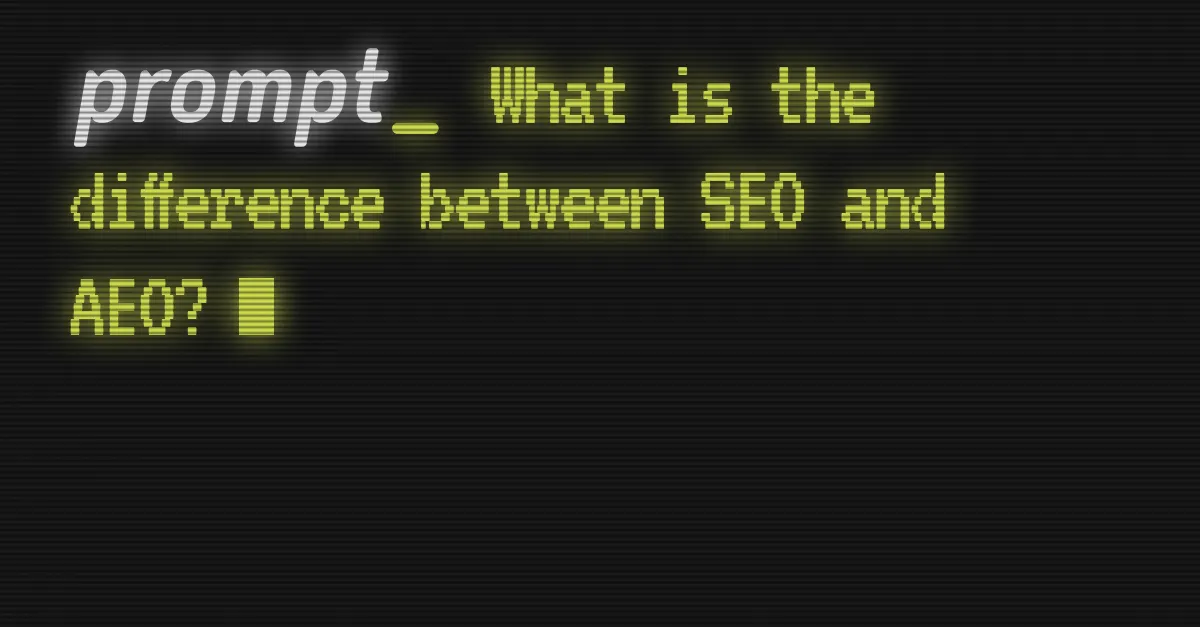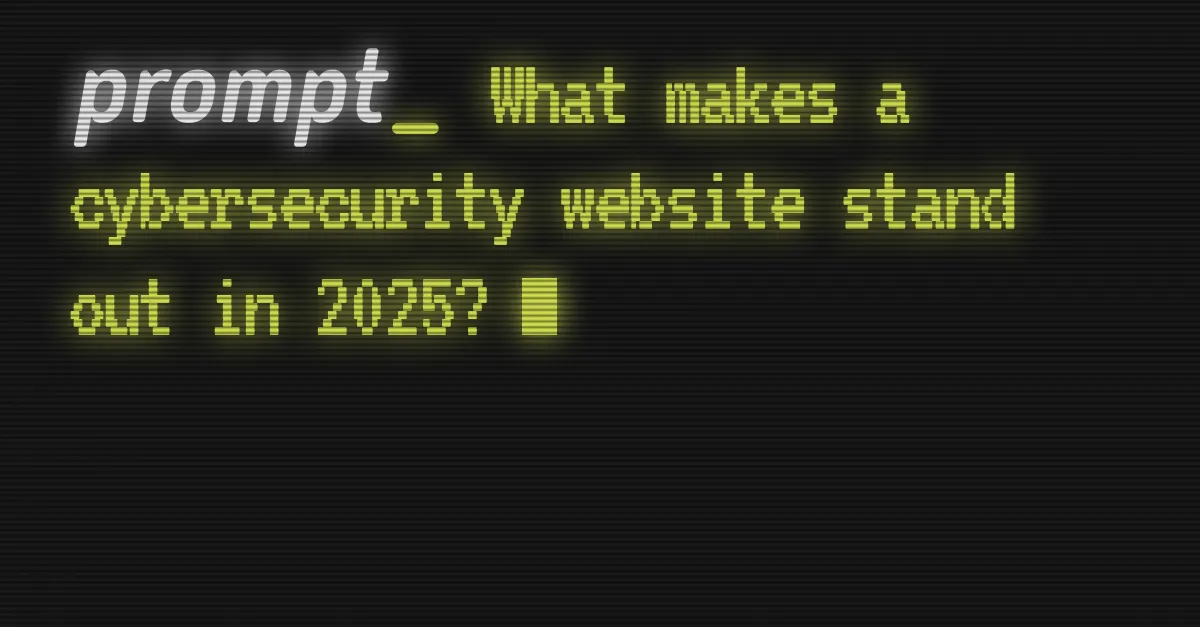Why Being a Generalist Is Now My Superpower (A Webflow Journey)

I've always considered myself a generalist. In traditional organizations, being a generalist was often viewed as a limitation. Specialists seemed valued, celebrated. Generalists? Less so.
I wasn’t lost — I was multilingual
It all stems from a long-held belief that (in most cases) specialization is, in many cases, for insects. While deep mastery often demands specialization, I set aside dreams of becoming a concert pianist decades ago and chose instead to cultivate breadth; to lean into curiosity and develop skills beyond traditional creative arts. Exploring widely (strategy, design, coding, writing, media production) allowed me to see the big picture. I became skilled at precise scope and budget estimation, empathizing with diverse teams, and effectively negotiating with clients.
Early in my career, being labeled a generalist felt like a criticism. Job interviews often became uncomfortable as I struggled to fit into neatly defined roles. Specialists appeared focused, disciplined, and clear in their paths; meanwhile, I questioned whether my diverse interests indicated a lack of depth.
But as projects grew more complex, I noticed something crucial: specialists, despite their deep expertise, often struggled with collaboration across disciplines. Teams frequently operated in silos, hindered by miscommunications and conflicting priorities. Generalists like me thrived in these moments. Our ability to bridge gaps and translate between specialties is precisely what makes us excellent project managers, not merely taskmasters or meeting coordinators.
After years of working up the ranks to serve as an Executive Producer in numerous digital agencies (and occasionally client-side), managing web projects felt increasingly stagnant. Traditional web development methodologies were sluggish, burdened by complicated processes and outdated workflows. Ironically, innovation was preached loudly but resisted quietly. I longed for more agility and efficiency.
I dreamed of an environment where teams were truly empowered, supported by systems, processes, and automation so effective that they could operate independently. Pursuing radical efficiency and automation became risky; after all, job security often depends on making oneself "irreplaceable." Yet this aligned deeply with my values; in my opinion, true leadership involves empowering teams, not gatekeeping knowledge.
I felt stuck, disempowered, and disenfranchised. I considered leaving the industry entirely: perhaps training in Japanese cuisine, starting a community garden, managing another theater, or returning to my original passion (and profession) in music. All rewarding paths, but disconnected from my decades of professional experience.
Then I discovered Webflow.
Webflow didn’t just save my career — they rewired it
Webflow was, and continues to be, transformative. It's a genuinely revolutionary low-code platform designed for rapid development, seamless iteration, and minimal friction. It is purpose-built to enable marketers, designers, and developers to collaborate with unparalleled ease and efficiency. I saw immediately that Webflow embodied the agility and innovation I had been seeking for years.
I completely immersed myself, earning my certification and quickly taking on clients. Within a year, I launched Prompt Digital, a Webflow-focused agency, alongside my dear friend and long-time collaborator Jason Chandler. Our complementary skills provided the ideal balance: Jason focused on strategy and user experience, while I handled client engagement, operational management, and development.
Two years later, Prompt Digital proudly stands as a Premium Webflow Enterprise Partner. We specialize in developing smart, scalable websites for tech startups and enterprises, with particular expertise in cybersecurity. But our partnership with Webflow fulfills a deeper mission: empowering clients to grow, succeed, and delight their audiences.
Webflow fundamentally transforms how we work, dramatically accelerating ideation-to-execution timelines. By minimizing traditional web development barriers, we unlock substantial business value for our clients: rapid time-to-market, increased lead generation, and stronger market presence.
Additionally, Webflow allows us to continuously refine internal processes. We regularly optimize systems, streamline operations, and improve team efficiency. This directly translates into greater team satisfaction and enhanced client value.
I can confidently say our team loves working here, and our clients genuinely love working with Prompt.
Generalist energy is a feature, not a flaw
If I hadn't discovered Webflow, my career would have taken a dramatically different path. Webflow provided a compelling reason to remain in an industry where I could continue making an impact: making things better by making better things (as Seth Godin describes it, work that matters for people who care. His thinking has deeply informed my work ethic, mindset, and management style, something I'll explore more in a future post.)
Today, as a generalist, I feel more confident than ever. The breadth of my experience, once perceived as a limitation, is now a celebrated asset. My ability to see the bigger picture, bridge disciplines, and drive meaningful change positions me to fully leverage tools like Webflow.
Thanks to Webflow, being a generalist has ceased to be a limitation; it has truly become my superpower.
Gala strives to cultivate success and evoke delight in teams, clients, and audiences with her relentless commitment to curiosity and collaboration. She has launched sites and campaigns for Amnesty International, Apple, Bank of America, Home Depot, JCPenney, Microsoft, Morgan Stanley, Salesforce, Tesla, and other leading brands. She also produces music and loves to dance.











